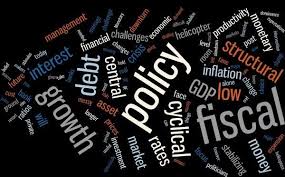Certain(e)s d'entre vous nous font remonter une absence de contenu de leur tableau de bord.
Si vous êtes dans ce cas, il vous faut réinitialiser cette page par la procédure suivante :
- vous rendre sur votre tableau de bord (https://moodle.u-bordeaux.fr/my)
- cliquer sur l'interrupteur "Mode d'édition", tout en haut ) droite de la page de votre tableau de bord
- cliquer sur le bouton "Réinitialiser la page"
Vous récupérerez alors un tableau de bord par défaut que vous pourrez personnaliser.
Après votre éventuelle personnalisation, désactivez le mode d'édition en cliquant à nouveau sur l'interrupteur du même nom, en haut à droite de la page.

